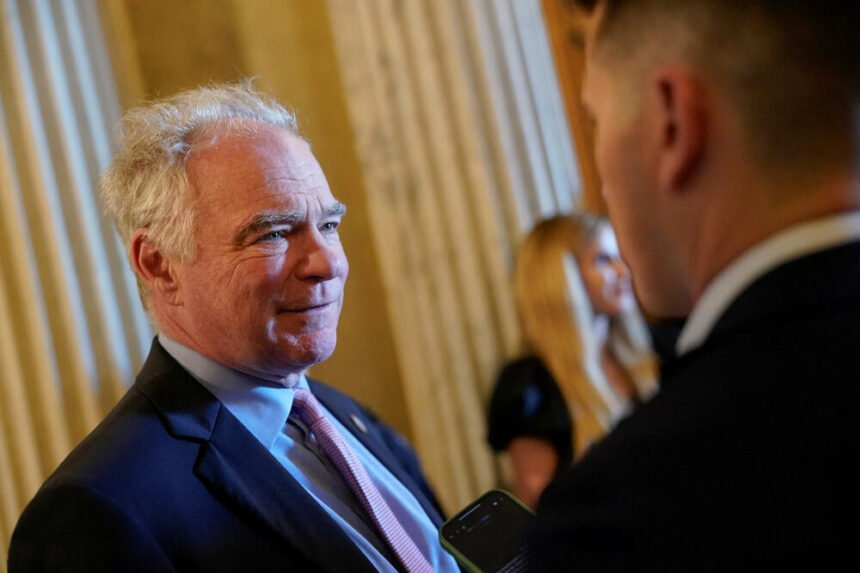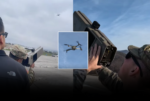Democratic Senator Tim Kaine introduced legislation on Monday that would prevent U.S. President Donald Trump from using military force against Iran without congressional approval. This move comes amidst growing conflict between Israel and Iran, fueling fears of a wider regional conflagration.
Senator Kaine, from Virginia, has for years been attempting to restore Congress’s constitutional right to declare war, which he argues has been usurped by the executive branch. During Trump’s first term in 2020, Kaine proposed a similar resolution to limit the president’s power to wage war against Iran. That proposal was adopted by both the Senate and the House of Representatives, with bipartisan support, but lacked the supermajority needed to override Trump’s veto.
Kaine stated that his latest war powers resolution clearly stipulates that the U.S. Constitution grants exclusive power to Congress, not the President, to declare war, and that any armed conflict with Iran must be specifically authorized through a declaration of war or a separate statute for the use of military force, Reuters reports.
“It is not in our national security interest to go to war with Iran unless that war is absolutely necessary for the defense of the United States. I am deeply concerned that the recent escalation of hostilities between Israel and Iran could quickly draw the U.S. into another endless conflict,” Kaine said in a statement.
Under U.S. law, war powers resolutions are privileged, meaning the Senate must consider and vote on them quickly.
The Israeli military began attacks on Iran last Friday, aiming to eliminate the country’s nuclear and ballistic missile program. Iran, which claims its nuclear program is solely for peaceful purposes, responded with missile attacks on Israel. Both countries have continued their mutual attacks, resulting in civilian casualties and injuries, which has raised concerns among world leaders gathered this week in Canada that the largest conflict between the two long-standing adversaries could escalate into a wider regional war.
Trump has praised the Israeli offensive, denied Tehran’s accusations that the U.S. participated in the attack, and warned Iran against expanding retaliation to American targets. Before departing for the G7 summit in Canada on Sunday, Trump was asked what he was doing to de-escalate the situation. “I hope there will be a deal. I think it’s time for a deal,” he told reporters. “Sometimes they have to fight.”







